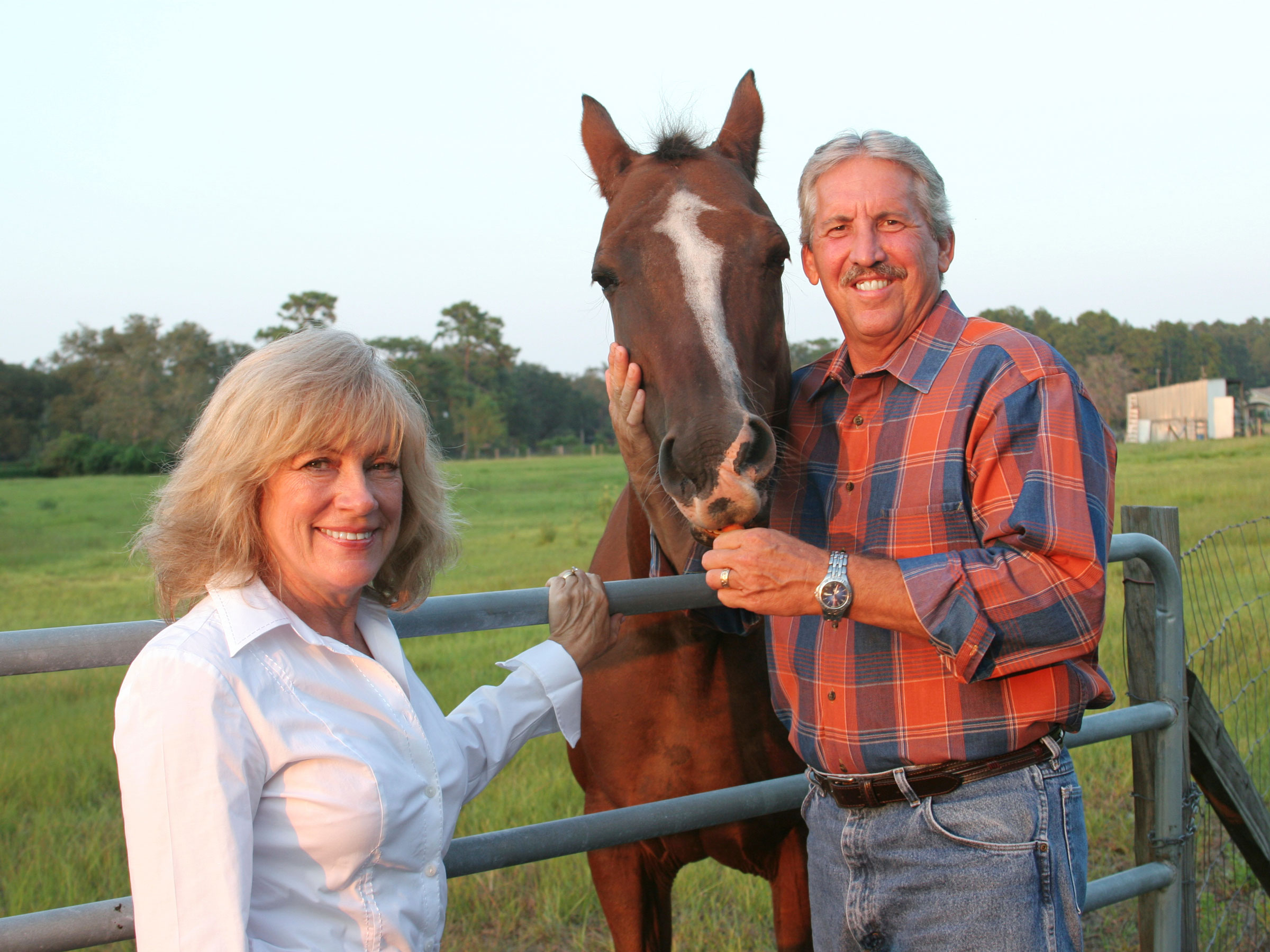 Do you have a plan for who will take over your equine farm or stable?
Do you have a plan for who will take over your equine farm or stable?“Historically, 70% of farms and agribusinesses will fail to transition from the first to a second generation,” said Kevin Spafford of the Farm Journal Legacy Project. “Of the 30% that do make it, 90% will fail in the transition to a third generation. Of the few remaining after that, 96% will not go to a fourth.”
Those are dismal results for a life of hard work and commitment.
For most families the farm/ranch/agribusiness represents their single largest asset.
“For our clients, it’s 97% or more of their entire net worth. Beyond that it represents financial security, career opportunities, family heritage, lifestyle, etc.,” he added.
Ideally, a stable or farm owner should consider a succession plan when the original business plan is created. However, that is highly unrealistic given that a majority of people never write a plan when forming the business or they are the recipient of the business through an inheritance.
“Since a plan is integral to continuing the operation beyond a contingency such as death, disability, divorce or dissolution, it’s very important to plan immediately,” he added.
Do not despair. It is not too late to develop a succession plan. When working with owners of agricultural business, Spafford first evaluates the business for the following:
Viable operation Is the operation viable, profitable and will it survive succession. Does the family have a plan to grow the operation and provide the incomes necessary to support both a retiring and a transitioning generation?
Good communication Can the family discuss the tough issues and make the decisions necessary to create a workable plan? Will they openly discuss issues like equal vs. fair, divorce, in-laws, finances, etc.?
Leadership atmosphere Good leadership and mutual respect are crucial to a successful planning process.
Willingness to focus on common goals Can each person in the family focus on goals for the common good of the operation, the owner and the family? Shared goals should include a smooth ownership transition, financial security for all who are dependent on the operation, and preparing the next generation to lead are critical to creating a plan that will help the operation grow into the future.
If you would like to see your stable continue to a second or third generation family member, learn more about succession planning from the Legacy Project (www.farmjournallegacyproject.com), your local Cooperative Extension or services such as the Farm Transfer Network of New England (www.farmtransfernewengland.net).


